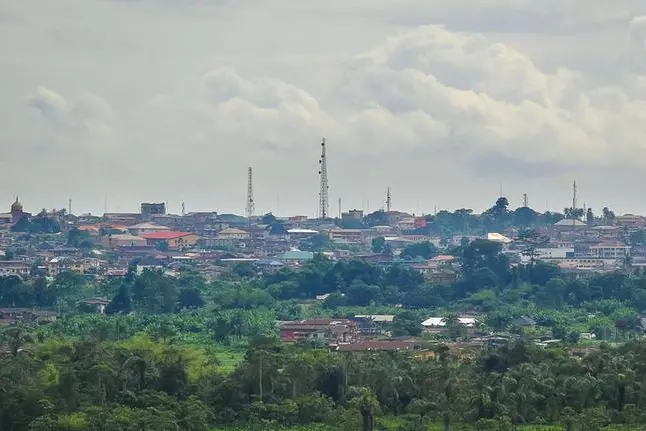PHOTO
Federal Government through the Nigerian Upstream Petroleum Regulatory Commission (NUPRC) has insisted on the implementation of upstream assets’ Divestment Framework.
The divestment framework consists of seven cardinal pillars, including technical capacity, financial viability, legal compliance, decommissioning obligations, host community engagement, labor relations, and data repatriation.
This decision by NUPRC is not unconnected with the strong indications that environmental pollution, conflicts with host communities, community-based petitions, inability or unwillingness to pay judgment debts, decommissioning liabilities as well as lack of financial capacity and technical competence could affect some companies involved in selling and buying Nigeria’s oil assets.
Speaking to the issue, an Energy Analyst, Ibrahim Musa, said the decision by NUPRC to implement the upstream asset divestment framework was due to the fact that some companies have not adequately made submissions to demonstrate their commitments toward protecting the environment, resolving communal issues, decommissioning as well as demonstrating financial and technical competence.
Already, he said the government has been able to clear two deals involving the divestments of Eni NAOC’s interests in Oil Mining Lease (OML) 60 to Oando and the Equinor– Project Odinmin.
He noted that the ExxonMobil/Seplat deal, involving the divestment of the entire interest in Mobil Producing Nigeria Unlimited to Seplat Energy is being reviewed, while the sale of Shell Petroleum Development Company of Nigeria Limited (SPDC) onshore assets to Renaissance Group has not been cleared.
The group, he said was made up of five Nigerian exploration and production companies (ND Western Limited, Aradel Holdings Plc, FIRST Exploration and Petroleum Development Company Limited, and The Waltersmith Group) plus an international energy group (Petrolin Limited).
“But it remains unclear if the sellers have the capacity or are willing to pay pre-deals financial obligations, currently estimated at more than a billion dollars,” he said, pointing out that investors would reap as the oil assets will add between 300,000 bpd and 350,000 bpd to the nation’s output.
On the status of outstanding divestment, he explained that the Nigerian Upstream Petroleum Regulatory Commission had already concluded plans to provide another update on the status of the various divestments.
“This is coming barely a few weeks after it presented a similar update on its privatization activities to stakeholders during the NOG Energy Week in Abuja.However, while some parties are expected to make progress, others with unresolved environmental and community issues, who have even been petitioned by their communities, would not. The government would like to get satisfactory answers or concrete plans for addressing these and other matters, including technical and financial capacities.
“This means that it would be difficult for companies with such issues to make progress in the race for privatized oil assets, especially as the Commission would not want to be blamed for any consequences,” the analyst said.
As a regulator, Musa said that the NUPRC has been guided by the comprehensive divestment framework consisting of seven cardinal pillars.
“Each aspect is meticulously assessed to safeguard national interest and ensure a seamless transition. The framework was established for the first time in the 68-year history of Nigeria’s exploration and production, in line with the PIA.I think the law should be fulfilled and upheld in Nigeria’s national interest,” he said.
On environmental concerns, the analyst said the government is worried about the relatively poor state of the environment and the concerns of host communities. This, he said, was in line with available reports.
“For instance, in its current briefing notes, Shell stated: “Most oil spills in the Niger Delta region continue to be caused by crude oil theft, the sabotage of oil and gas production facilities, and illegal oil refining, including the distribution of illegally refined products.
“In 2023, about 94 per cent of the oil spills of more than 100 kilograms from SPDC-operated facilities were caused by illegal activities of third parties – 139 incidents with a total volume of 1.4 thousand tonnes, compared to 75 incidents in 2022 with a total volume of 0.6 thousand tonnes.
“The increased number of spill incidents in 2023 can directly be attributed to an increase in illegal connections to pipelines, with 119 of the 139 incidents caused by illegal connections. However, through daily inspections from the air and on the ground, we are identifying illegal connections. A total of 675 illegal connections were removed from SPDC pipelines in 2023, compared to 468 in 2022.”
He pointed out that some concerned organisations, including Spaces for Change, a non-profit organization
Copyright © 2022 Nigerian Tribune Provided by SyndiGate Media Inc. (Syndigate.info).




















